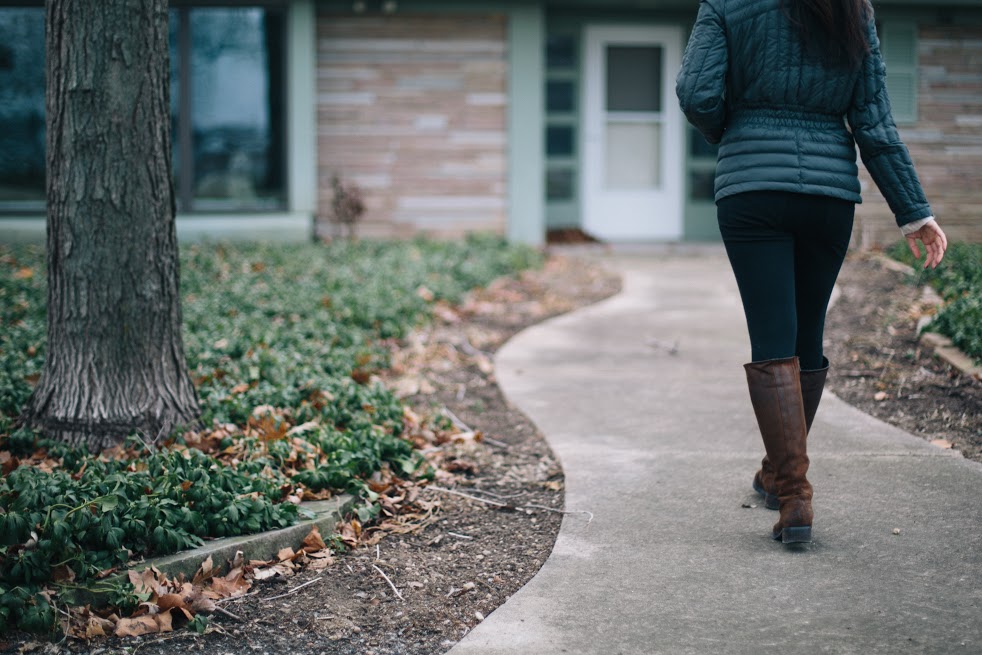On April 29th, Claudia Black, Ph.D. and national expert on the family disease of addiction, will be presenting a workshop sponsored by The Retreat titled “Transforming Families: From Script to Choice.” This workshop will explore different ways families respond to addiction and alcoholism, including the scripts children adopt in reaction to this situation. This month’s blog post briefly describes one of these adopted roles, the “Mascot.”
Mascots are often identified as the “family clown.” They have adapted a knack to distract from the tension that is often created where addiction is present, and, hence, relieve some stress and pain for themselves and others in the family. These children have learned to avoid hard feelings, whether consciously or unconsciously, through attention seeking, humor, or acting out. The Mascot’s goal is to distract from the difficulties families dealing with addiction often face.
Due to the amount of time they spend acting, these children can lose touch with their authentic self, and can carry this role of actor into their adult years. Some adult Mascots find themselves unable to face challenging situations. They avoid conflict because their coping skill didn’t allow for learning how to take important matters seriously. As a result, Mascots are susceptible to acting inappropriately, crossing boundaries, and missing important social maturity markers.
Mascots also risk the potential of measuring self-worth by how others see them. They long to be liked, and become confused when they are not the center of attention. They may feel uneasy in the absence of drama and may create a diversion in order to feel normal. Mascots are prone to struggle with intimacy issues because they’ve learned to protect themselves from their feelings.
However, Mascots have also developed the gift of being adaptable and flexible in dealing with whatever life throws their way.
There is hope. Join us at our workshop on Friday, April 29th, when Claudia Black will share insights on how to change the Mascot’s role, and all of the roles that have been mentioned in this blog in the last few months. We hope to see you there! Here’s a link for more information, or to register for this exciting, Claudia Black, Ph.D. and national expert on the family disease of addiction opportunity, follow this link!
The Family Mascot: “If I make people laugh, there is no pain.”
[fa icon="calendar'] Apr 20, 2016 9:00:00 AM / by Mark Korman posted in family recovery, alcoholism, Family Sober Support, Drugs Adiction, Chemical Dependency
A Tale of Two Vacations
[fa icon="calendar'] Mar 23, 2016 9:29:34 AM / by John MacDougall posted in Alcoholics Anonymous, alcoholism, 12 steps of aa, Family Sober Support, Recovery Program
Sobriety makes everything different, but it takes more than just the passage of sober days to bring about change. The idea behind my book, “Being Sober and Becoming Happy” is that first we take the Twelve Steps of Alcoholics Anonymous to get our drinking to stop. Then, if we keep taking those same Twelve Steps, in sobriety, and apply them to everything we do, we end up happy. I’ve had enough time to try this theory out, and to measure the results.
The Acting Out Child – Bad Attention is Better than No Attention
[fa icon="calendar'] Mar 15, 2016 11:00:48 AM / by Mark Korman posted in family recovery, alcohol abuse, Family Sober Support, Recovery Program, Chemical Dependency
All children living in homes where addiction is present experience some sort of impact. Some of their reactions are predictable, while some dynamic behavior combinations are completely unique and organic to each child. These reactions are defenses and are all situationally established to create a sense of safety or relief. Claudia Black, Ph.D. and national expert on the Family Disease of Addiction, has researched the patterns of reactions that children experience. She identifies one of these childhood roles as “The Scapegoat”.
The Adjuster, or “Lost Child” – Relief through Quiet Resignation
[fa icon="calendar'] Feb 18, 2016 10:00:00 AM / by Mark Korman posted in family recovery, alcoholism, Family Sober Support, Chemical Dependency
When addiction is present in the home, and the subsequent instability and inconsistency in relationships that accompanies it, the reactions that different children have is varied, yet predictable. Claudia Black, Ph.D. and national expert on the Family Disease of Addiction, identifies one of these childhood roles as “The Adjuster.”
Loving or Wanting
[fa icon="calendar'] Jan 27, 2016 11:00:00 AM / by John MacDougall posted in family recovery, Family Sober Support
Beginning in fifth grade, I wanted a girlfriend. I wanted a girlfriend because I liked girls and was attracted to them. I wanted one the same way that I would want a car or a stereo, because I expected a girl to make me happy. Through my teenage years, my idea of an ideal girl was a combination of cheerleader, nurse, and cocktail waitress.
The Responsible Child: Preventing Pain through Planning
[fa icon="calendar'] Jan 20, 2016 3:54:37 PM / by Mark Korman posted in family recovery, alcoholism, Family Sober Support, Chemical Dependency
Children in homes where addiction is present tend to adopt relatively predictable family of origin roles or scripts. These roles allow children to draw positive attention, and sometimes are designed to avoid any attention at all. Each role seems to be focused on a universal primary relationship goal: an attempt to not feel pain. Our kids often play their roles with such fluidity that they go unnoticed. They do their best to help the chemically dependent home they are living in feel safe and structured.
The Responsible Child is the adolescent who acts like an adult. They try to produce predictability, tame tensions, and organize the outcomes. On the extreme end, these kids are planning and preparing meals. They may be cleaning the household, or making sure the doors are locked at night. If there are younger siblings, they may be checking backpacks for homework folders and ensuring that assignments are completed.
Abnormal Reactions to Abnormal Situations are Normal: Survival Scripts Kids Learn Growing Up with Addiction
[fa icon="calendar'] Dec 16, 2015 1:30:00 AM / by Mark Korman posted in Alcoholics Anonymous, family recovery, alcoholism, Family Sober Support, Chemical Dependency
Claudia Black, Ph.D. and national expert on the Family Disease of Addiction, contends that most children in chemically dependent homes are often overlooked and underserved by school counselors and family service agencies, and even the juvenile justice system. Why?
Mindfulness during the Holiday Season
[fa icon="calendar'] Nov 18, 2015 1:39:53 PM / by Ellie Hyatt posted in family recovery, Family Sober Support, Recovery Program, Drugs Adiction, Chemical Dependency
The expectation of the holiday season can be stressful for everyone. For reasons that might be obvious, that stress seems to be even greater in families dealing with recovery from a drug or alcohol addiction.
There is a simple practice that can reduce that stress and offer us the opportunity for a meaningful holiday experience; that is a mindfulness practice. It allows us to stop our racing thoughts, which are usually produced by some form of fear. It allows us to make choices that support our well-being. It allows us to be present.











